 Ike Forces Shutdown of 19% of U.S. Refining Capacity
Ike Forces Shutdown of 19% of U.S. Refining Capacity By Jordan Burke
Sept. 13 (Bloomberg) -- Hurricane Ike, which made landfall along the U.S. Gulf Coast today, caused more than 19 percent of the nation's refining capacity to close and may limit fuel deliveries across the country.
At least 13 refineries in Texas shut down as Ike approached. Gulf Coast refineries and ports are the source of about 50 percent of the fuel and crude used in the eastern half of the U.S. Plants operated by Exxon Mobil Corp., Valero Energy Corp., ConocoPhillips and Royal Dutch Shell Plc were affected.
Gasoline shortages may occur across the southern U.S. up to Washington because of the closures caused by Hurricane Gustav and now Ike, Kevin Kolevar, assistant secretary for electricity delivery and energy reliability at the U.S. Department of Energy, said on a conference call yesterday.
``We expect to see constrained supplies of refined products,'' he said. ``The administration will utilize every tool at our disposal to lessen the likelihood of limited fuel supplies,'' including tapping the Strategic Petroleum Reserve.
Ike smashed into the Texas coast as a category 2 storm with wind speeds of almost 110 miles per hour (175 kph), making landfall in Galveston at 2:10 a.m. local time today. Ike's path toward Houston makes it the first storm to hit a major U.S. metropolitan area since Hurricane Katrina devastated New Orleans in 2005.
Curving Northeast
With winds decreasing to about 100 mph, the center of the storm steered away from the Houston area as of 6 a.m. local time, its eye located 15 miles east-northeast of Houston Intercontinental Airport, the National Hurricane Center said in an advisory. Ike is likely to remain a hurricane through the afternoon as it weakens on its inland path curving toward the northeast toward western Arkansas, the center said.
The storm idled about 98 percent of oil production and 94 percent of natural-gas output in the Gulf of Mexico, the U.S. Minerals Management Service said yesterday. Gulf fields produce 1.3 million barrels oil a day, about a quarter of U.S. output, and 7.4 billion cubic feet of gas, 14 percent of the total, government data show.
``This is more of a refinery issue than an oil and gas issue,'' said Jim Rouiller, senior energy meteorologist at Planalytics Inc. in Wayne, Pennsylvania. ``A storm as massive as Ike has the capacity to generate massive storm surge.''
Gasoline for October delivery rose 2.08 cents, or 0.8 percent, to settle at $2.7696 a gallon yesterday on the New York Mercantile Exchange as the refineries closed. Prices rose 3.1 percent this week.
Calls for Conservation
Chevron Corp., the second-largest U.S. energy company, urged U.S. consumers outside the Gulf Coast region to conserve gasoline and other fuels to help avert shortages.
The company, in a statement on its Web site, said it's concerned about ``the potential impact of Hurricane Ike and the additional pressure it could have on an already stressed petroleum-distribution system.''
Exxon Mobil shut down its Baytown, Texas, refinery, the biggest in the U.S, with processing capacity of 590,500 barrels of oil a day, and its Beaumont plant, which can process 363,100 barrels a day, according to the company's Web site. Exxon is the world's largest oil company.
Valero, the largest U.S. refiner, closed three Texas oil refineries with a combined capacity of 589,000 barrels a day. They are the 294,000-barrel-a-day Port Arthur refinery, a Texas City plant with a capacity of 210,000 barrels and a Houston facility that can process 85,000 barrels, spokesman Bill Day said in an e-mail.
Port Arthur
The company closed 64 company-operated retail stores out of almost 200 in the Houston region, Day said.
Motiva Enterprises LLC, a joint venture of Royal Dutch Shell Plc and Saudi Arabia's state oil company, started shutting down its 300,000-barrel-a-day plant in Port Arthur yesterday, Shell said on its Web site. Shell is also closing its Deer Park plant, which can process 340,000 barrels per day.
Motiva's Beaumont, Pasadena and North Houston terminals are also closed and refined product supplies at those terminals remain at ``safety levels,'' Shell said in a statement. Tank drivers earlier picked up their last loads and are making final deliveries in the region to refuel Shell-branded stations before Hurricane Ike makes landfall.
Citgo Petroleum Corp., owned by Venezuela's state oil company, declined to comment on the status of its refineries in Corpus Christi, Texas, and Lake Charles, Louisiana.
``We do not comment on operations,'' spokeswoman Shawn Trahan said in an e-mail.
Memories of Alicia
Planalytics' Rouiller said Ike is similar to Hurricane Alicia in 1983.
``It took them over a year to get their feet on the ground again,'' he said. ``The refineries were down for months. Basically, the whole infrastructure around the Houston metropolitan area was devastated.''
Gasoline supplies across the southern and eastern U.S. may be disrupted by the storm, Rouiller said.
``We could have this capability lost for a long period of time,'' he said.
The U.S. Coast Guard closed the port of Houston, the nation's largest petroleum port. The Louisiana Offshore Oil Port, the biggest U.S. oil-import terminal, stopped unloading vessels.
Texas City, Pasadena
BP is closing its 475,000-barrel-a-day Texas City, Texas, refinery. ConocoPhillips, the second-largest U.S. refiner, said its 260,000 barrel-a-day refinery in Sweeny, Texas, is closing. LyondellBasell Industries is shutting its 299,300-barrel-a-day Houston Refining LP plant.
Conoco's Pasadena, Texas, refined products terminal and Clifton Ridge Marine terminal near Lake Charles also closed earlier today, and all company-operated pipelines in the region are shut down.
LyondellBasell Industries is shutting its 299,300-barrel-a- day Houston Refining LP plant.
Marathon Oil Corp., the fourth-largest U.S. oil company, began to shut its Texas City refinery, which can process about 81,500 barrels of oil a day.
Total SA, Europe's third-largest oil company, is shutting down its Port Arthur refinery, which can process about 240,000 barrels a day.
``Ike is headed into the heart of the refining industry,'' Bruce Bullock, director of the Maguire Energy Institute at Southern Methodist University in Dallas, said in an interview. ``The damage is likely to come in flooding, a lack of power for an extended period of time.''
Hurricane Ike hits Texas causing floods, power outages
HONG KONG (MarketWatch) -- Hurricane Ike made landfall in southeast Texas around 2:10 a.m. local time Saturday near Galveston, packing winds of 110 miles per hour, just shy of Category 3 strength, shuttering essential oil facilities and threatening to devastate towns along the Gulf of Mexico. The storm was forecast to move northwest at 13 miles per hour, according to the National Hurricane Center. Newswires reported thousands of homes and government buildings were flooded, roads made impassable by washouts, and widespread power outages affecting about 1.3 million customers. Authorities were reportedly concerned for the safety of an estimated 140,000 people in four counties near where the storm made landfall who had ignored mandatory evacuation orders and opted to stay in their homes. The weather agency warned coastal regions were still being battered by the back end of the storm, with hurricane-force winds and the threat of storm surge still activ
IKE TRACK!
Coastal Watches/Warnings and 3-Day Track Forecast Cone
Click image to zoom out – Turn track off – Download GIS data![[Image of 3-day forecast of predicted track, and coastal areas under a warning or a watch]](http://www.nhc.noaa.gov/storm_graphics/AT09/refresh/AL0908W+gif/091303W_sm.gif)

HURRICANE IKE LIVE VIDEO STREAMS...
STAY SAFE!!!!
RS


























































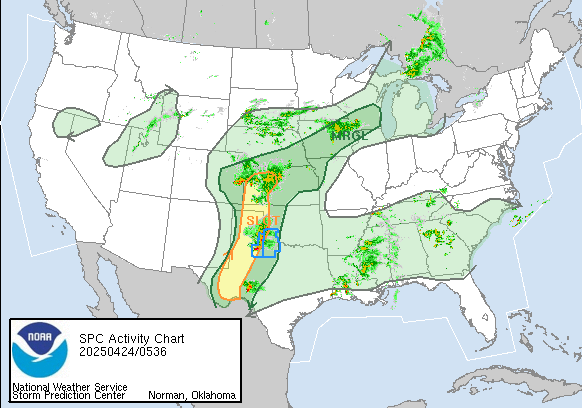
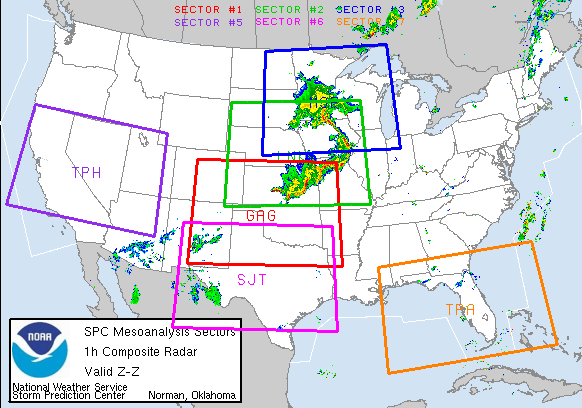






























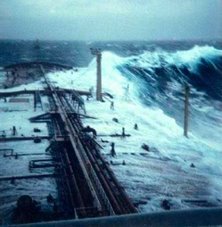
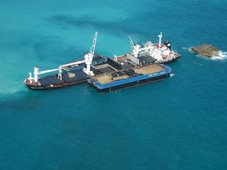
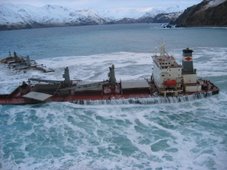
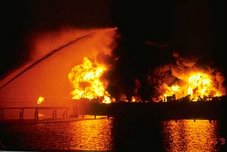
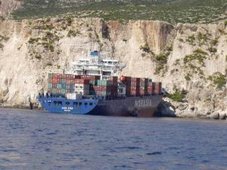




![Validate my RSS feed [Valid RSS]](valid-rss.png)